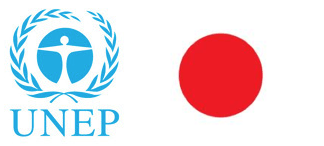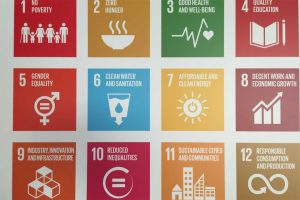 25 July 2014: The Regional Office for Asia and the Pacific of the UN Environment Programme (UNEP) and the Japanese Ministry of Environment have launched the ‘Asia Pacific Clean Air Partnership,’ aimed at bringing together existing regional initiatives to provide clear policy options, based on the best science, to support action on air pollution.
25 July 2014: The Regional Office for Asia and the Pacific of the UN Environment Programme (UNEP) and the Japanese Ministry of Environment have launched the ‘Asia Pacific Clean Air Partnership,’ aimed at bringing together existing regional initiatives to provide clear policy options, based on the best science, to support action on air pollution.
The Partnership was announced on 24 July, and responds to the resolution on air pollution adopted at the First UN Environmental Assembly (UNEA) on 27 June, which calls on governments to “formulate action plans and establish and implement nationally-determined ambient air quality standards,” and “to establish emissions standards for their significant sources of air pollution.”
Speaking at the launch, Kaveh Zahedi, UNEP Regional Director and Representative for Asia and the Pacific, noted that the region presents the clearest example of how “environmental problems caused by unrestrained growth,” including air pollution and related health and economic costs, “are becoming so severe that they are threatening to diminish development gains.”
Cities in the Asia-Pacific region are among the world’s most polluted. In some cases, particulate matter reach levels four times higher than the safe limit, leading to high levels of premature deaths. Emissions from air pollutants are expected to rise as a result of economic growth and increasing reliance on coal-fired power plants, cars, and biomass for cooking and heating.
The Partnership will support countries of the Asia-Pacific region in air pollution management, with multiple co-benefits in the areas of health, food and water security, and climate change mitigation. The cooperation aims to, inter alia: reinforce air quality assessments to determine gaps in countries’ capacity to address air pollution; develop a science-policy synthesis report on air pollution by a specifically established science panel; and establish a Joint Forum to assist policy makers in setting targets for improved air quality through sharing of data, guidelines and relevant information on atmospheric science.
The Partnership will also work in collaboration with the Climate and Clean Air Coalition to Reduce Short-Lived Climate Pollutants (CCAC), including through a possible regional assessment for Asia and the Pacific. [Climate Action Press Release] [CCAC Press Release] [IISD RS Coverage of the First UNEA Assembly] [UNEP Regional Office for Asia and the Pacific Website]

